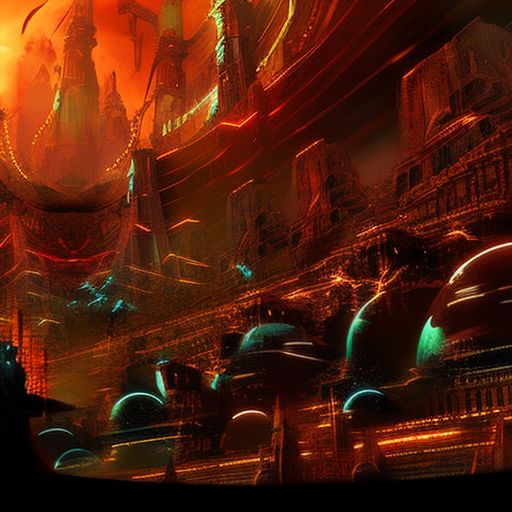One-line Summary:
In the science fiction novel “Ilium,” Dan Simmons weaves together the stories of humans and post-humans in a complex and thought-provoking exploration of literature, technology, and the nature of humanity.
The Post-Human Society:
In “Ilium,” the story takes place in a future where humans have evolved into post-humans, beings with enhanced physical and mental abilities. These post-humans have access to advanced technology, allowing them to manipulate time and space. They have also developed a fascination with ancient Earth literature, particularly the works of William Shakespeare. The post-humans recreate the Trojan War on Mars, using nanotechnology to bring the characters and events to life. However, they soon discover that their recreation is not a mere simulation but a reenactment of the actual war.
The Trojan War on Mars:
The novel follows three main storylines. The first centers around Thomas Hockenberry, a scholar who has been resurrected by the post-humans to serve as an observer and spy during the Trojan War reenactment. Hockenberry finds himself torn between his loyalty to the post-humans and his sympathy for the Trojans. As he navigates the treacherous world of gods and heroes, he begins to question the motives of his creators and the nature of his own existence.
The second storyline follows a group of humans known as the Moravecs, who are exploring the moons of Jupiter. These Moravecs, named after the science fiction writer Arthur C. Clarke, are sentient robots with their own distinct personalities. They become aware of the events unfolding on Mars and decide to investigate. Led by Mahnmut, a Shakespeare-loving Moravec, they embark on a journey to Mars, encountering various challenges and mysteries along the way.
The third storyline introduces Ada, a young woman living in a post-apocalyptic Earth. Ada is part of a small group of surviving humans who have managed to maintain some semblance of civilization. They are visited by a group of post-humans who offer them a chance to escape the dying Earth and join them on Mars. Ada, however, is skeptical of their intentions and embarks on her own journey to uncover the truth.
The Themes and Messages:
“Ilium” explores a wide range of themes, including the power of literature, the nature of reality, and the consequences of technological advancement. Through the characters’ interactions with Shakespeare’s works, the novel delves into the enduring relevance of literature and its ability to shape our understanding of the world.
Simmons also raises questions about the ethics of creating and manipulating life. The post-humans’ recreation of the Trojan War blurs the line between fiction and reality, raising moral dilemmas about the rights and autonomy of the characters involved.
Additionally, “Ilium” examines the potential dangers of unchecked technological progress. The post-humans’ advanced technology allows them to manipulate time and space, but it also raises questions about the limits of human knowledge and the potential consequences of playing with forces beyond our understanding.
Overall, “Ilium” is a complex and thought-provoking novel that combines elements of science fiction, mythology, and literary analysis. Through its intricate plot and richly developed characters, it explores profound questions about the nature of humanity and the power of storytelling.
Key Takeaways:
- The power of literature to shape our understanding of the world.
- The ethical implications of creating and manipulating life.
- The potential dangers of unchecked technological progress.
“We are all creatures of the stars and their forces, but few of us ever stop to ponder the meaning of our existence or the reasons for our being.”












